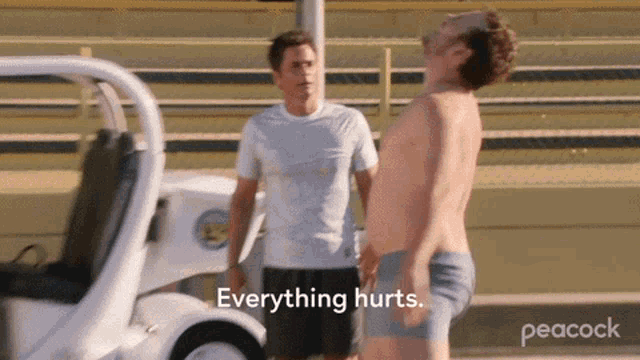I am not a fan of traditional exercise routines but I do enjoy lifting heavy weights and doing handstands. I am more interested in anthropology and human behavior than biomechanics. Instead of running a 5K, I prefer spending time playing video games on my couch. If you also don’t love exercising, you’re not alone.
I recently read “Exercised” by Daniel Lieberman, a Harvard University anthropology professor who studied various hunter-gatherer tribes. He observed that most research is done on a small subset of humans known as WEIRD: Western, Educated, Industrialized, Rich, and Democratic. To truly understand human behavior, we need to look at a wider range of humans over different periods of time.
Our ancestors spent their days engaging in physical activities necessary for survival, with limited time for nonessential exercise. The concept of building excess muscle or burning extra calories is foreign to ancient humans. Exercise as a health and fitness tool is a recent phenomenon that doesn’t align with our evolutionary history.
While we no longer need to exercise for survival, there are numerous health benefits to staying active. Exercise can be emotionally and physically rewarding, leading to improvements in overall well-being. To make exercise more enjoyable, consider joining social clubs or classes, listening to podcasts while working out, or focusing on activities that make you feel good.
By finding ways to make exercise emotionally and physically rewarding, you can create a sustainable habit that enhances both your physical and mental health.






